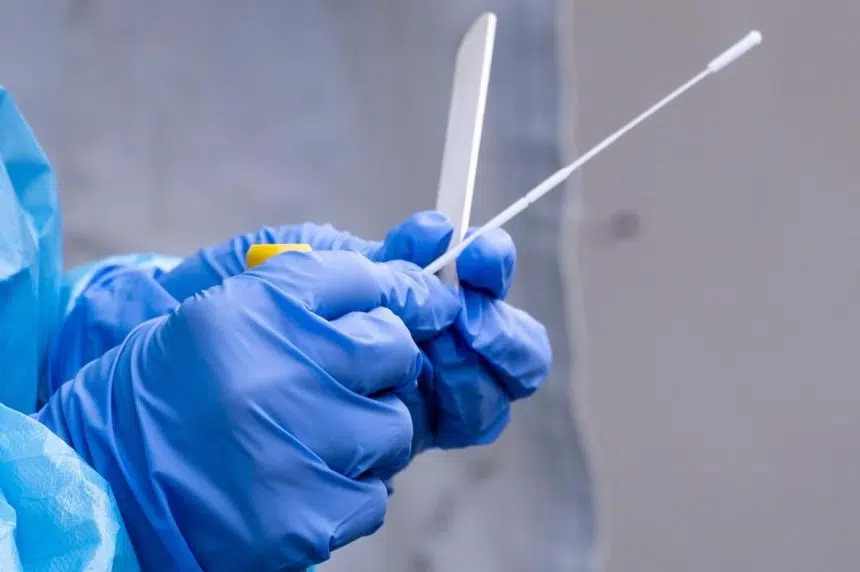Despite encouraging data and new guidelines surrounding COVID-19 isolation orders in Saskatchewan, experts are urging people to keep New Year’s Eve gatherings small once again.
Dr. Joseph Blondeau, a clinical microbiologist and the head of clinical microbiology at Royal University Hospital, said even though recent studies suggest Omicron is less severe than previous variants, avoiding a large celebration this weekend could help hospitals from being overrun.
“Keep your gatherings as small as possible,” Blondeau said. “I know we’re all tired of this virus and we really want to have something to celebrate, but this virus is highly contagious. As a consequence, even short gatherings could be an event where you could see the virus spread.
“I think we have to restrict our activities one more time and hopefully get past this thing.”
The province updated its isolation and testing requirements Thursday to keep the system running as best as possible.
Asymptomatic residents who receive a positive result from a rapid antigen test will no longer have to receive a PCR test to confirm the result. They should assume they have COVID and should self-isolate immediately.
The goal is to preserve PCR testing capacity for high-risk populations in the province.
Fully vaccinated residents who test positive following a rapid antigen test or PCR test will be required to self-isolate for five days from the date of the test or 48 hours after your symptoms have ended, whichever is later.
The previous rule was to isolate for 10 days.
Ontario announced similar requirements Friday morning and the Centres for Disease Control in the United States recommended the move nationwide earlier this week.
During a media conference Thursday, Dr. Saqib Shahab — Saskatchewan’s chief medical health officer — also urged people to be cautious on New Year’s Eve.
“Stick to close family and friends, maybe have up to 10 people over and limit it to two or three households,” Shahab said. “Instead of going to multiple venues and multiple houses, connect with each other virtually.
“New Year’s Eve, I think the risk is higher because with Thanksgiving we saw a bit of a bump but more so with Halloween because it was mostly younger people congregating.”
Shahab recommends people wear masks at all times except when eating or drinking, even at a friend’s or family member’s house.
“It feels odd but we need to do what we can to keep New Year’s Eve celebrations safe,” he said. “We will see a surge but we need to manage the surge and keep it as low as possible.”
The province also recommended people take a rapid test before going out.
“If you’re going out New Year’s Eve and are a young 20-some-year-old individual in Saskatchewan and you are going out New Year’s Eve, have a look at Dr. Shahab’s guidelines about not going to more that one establishment, wearing a mask when you’re not seated at your table but test yourself before you go out,” Premier Scott Moe said.
“That’s why we have them available. That’s why we want you to have them at home.”







